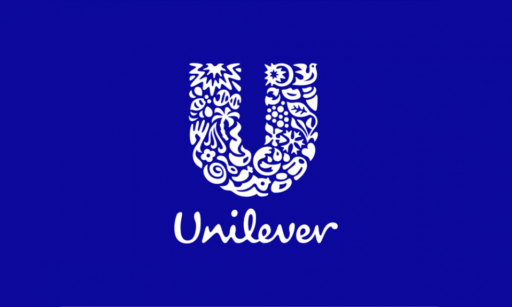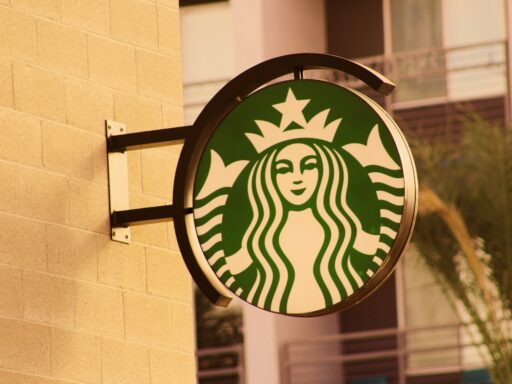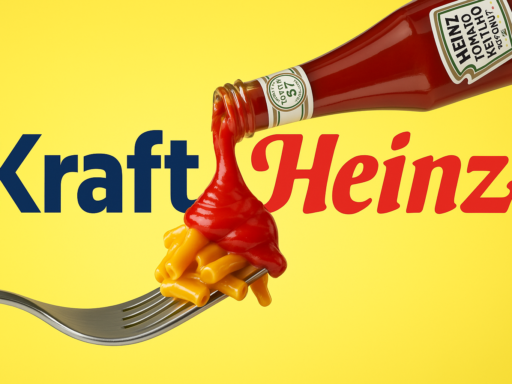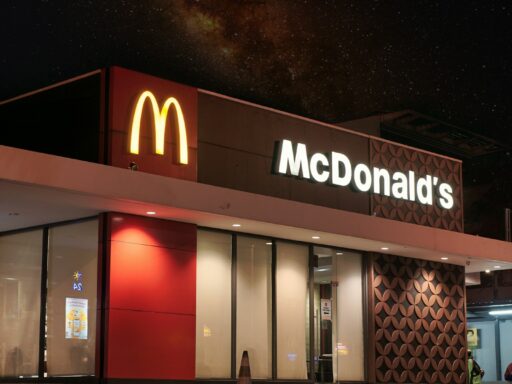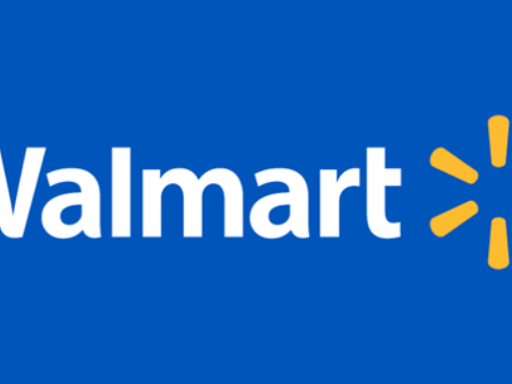Unilever has established itself as a global frontrunner in corporate sustainability, with a legacy rooted in its Sustainable Living Plan (2010–2020) and a renewed commitment under the Compass Strategy. Its most recent 2023 Sustainability Progress Report emphasizes systemic transformation across climate, nature, plastic, and livelihoods. The company has pledged to reach net-zero emissions across its value chain by 2039, with science-based targets validated by the SBTi and alignment with UN Sustainable Development Goals (SDGs). It remains one of the few FMCG firms to consistently rank in the top quartile of sustainability indices, including CDP A List and Dow Jones Sustainability Index (DJSI).
Sustainability Strategy and Goals
Unilever’s climate roadmap targets net-zero emissions by 2039, with interim goals including a 100% switch to renewable electricity by 2025 (already achieved in operations) and a 50% reduction in GHG emissions by 2030 across Scopes 1, 2, and parts of Scope 3. Unilever’s climate transition plan was one of the first to receive shareholder advisory votes, underscoring its governance-first approach.
On water stewardship, the company aims to implement water-smart products and water-saving initiatives in high-risk watersheds. In India, over 1.6 trillion liters of water have been replenished through community watershed programs as of 2023.
Unilever also promotes regenerative agriculture across 11 key crops, including palm oil, tea, and dairy. By the end of 2023, 86% of its agricultural raw materials were sourced sustainably, with field-level pilots underway in Brazil, Kenya, and the U.S.
To address deforestation and biodiversity, Unilever uses satellite monitoring and blockchain tools for traceability. It achieved 100% deforestation-free sourcing for palm oil, paper, and board by 2023, although soy and cocoa remain partial gaps.
Its packaging and circular economy strategy includes reducing virgin plastic use by 50% by 2025. By 2023, Unilever cut virgin plastic packaging by 18% and now uses 22% recycled plastic content across its portfolio. Brands like Dove and Hellmann’s have transitioned to refillable, reusable, or fully recyclable formats.
On human rights and responsible sourcing, Unilever continues to publish a Human Rights Progress Report (latest: 2023) and has implemented blockchain pilot programs for worker wage verification in tea and palm oil supply chains.
In nutrition and health, the company aims to double the number of products delivering positive nutrition (e.g., fiber, protein, vitamins). As of 2023, 61% of its portfolio met Unilever’s science-based nutrition criteria.
Community and social impact initiatives span smallholder farmer resilience, hygiene education, and women’s empowerment. Over 3 million people were reached via the Sunlight and Lifebuoy hygiene campaigns in 2023 alone.
On governance and transparency, Unilever discloses progress via integrated annual reports, aligning with TCFD, GRI, and ISSB frameworks.
Technology and innovation drive many initiatives. For example, Unilever uses digital twins for factory emissions modeling and partners with SAP to integrate AI into procurement for emissions reduction.
Unilever’s global partnerships and advocacy include co-chairing the Consumer Goods Forum’s Plastic Waste Coalition and active participation in the Ellen MacArthur Foundation and Race to Zero campaigns.
Key Sustainability Innovations and Technologies
Unilever’s climate and packaging innovations reflect an industry-leading investment in circularity, digital traceability, and regenerative sourcing. In 2023, it piloted AI-powered route optimization in Brazil and India to reduce logistics emissions by up to 15%. Its use of carbon capture-enhanced fertilizers in regenerative tea farming in Kenya is a first in the sector.
The company also scaled up refill and reuse solutions through smart dispensing technology in Southeast Asia, and Loop reusable packaging pilots in the UK and US. It uses blockchain platforms for deforestation-free palm oil verification and partnered with Google Cloud to model climate risks across its agricultural supply chain using machine learning algorithms.
Measurable Impacts
Between 2020 and 2023, Unilever achieved a 24% absolute reduction in GHG emissions (Scopes 1 and 2) and a 12% reduction in Scope 3 emissions per consumer use. Renewable energy powers 100% of its global operations, and over 70% of its factories have achieved zero waste to landfill.
Plastic packaging saw measurable improvement: virgin plastic usage dropped from 711,000 tonnes in 2019 to 584,000 tonnes in 2023, and recycled plastic content rose from 1% to 22%. Over 1 billion plastic sachets were eliminated or replaced with alternative delivery formats through its “Less, Better, No” plastic strategy.
Water use in manufacturing improved by 47% per tonne of production since 2008, and water circularity programs in India and Kenya have collectively replenished billions of liters.
Challenges and Areas for Improvement
Despite its leadership, Unilever faces persistent challenges with Scope 3 emissions, which account for over 95% of its total carbon footprint. Upstream agricultural inputs and downstream consumer use remain hard to decarbonize. In particular, heating water for showering and washing continues to dominate product lifecycle emissions.
Plastic packaging also presents hurdles. While Unilever reduced absolute volumes, achieving the 50% virgin plastic reduction goal by 2025 will require accelerated innovation and regulatory alignment across markets with weak recycling infrastructure.
Labor rights and supply chain traceability for cocoa and soy remain incomplete. Independent audits show gaps in smallholder wage compliance and incomplete digital traceability in complex sourcing geographies like Côte d’Ivoire.
Future Plans and Long-Term Goals
By 2030, Unilever aims to cut GHG emissions by 50% across its full value chain and shift to 100% reusable, recyclable, or compostable plastic packaging. The net-zero 2039 target, while ambitious, is underpinned by supplier decarbonization programs and ecosystem-based sequestration efforts like mangrove restoration.
The company also plans to scale regenerative agriculture across 1.5 million hectares and increase transparency via satellite and IoT-based systems. Its “Positive Beauty” and “Future Foods” strategies are expected to drive product reformulation and lifecycle emissions reduction at scale.
Compared to industry peers, Unilever leads in circular packaging but lags Nestlé in supply chain decarbonization tools and Procter & Gamble in consumer engagement on water-energy use.
Comparisons to Industry Competitors
Nestlé’s 2023 ESG Report shows faster acceleration on Scope 3 reductions—down 13.5% since 2018—driven by digital twin agriculture and regenerative transition payments to farmers (https://www.nestle.com/sites/default/files/2024-03/nestle-sustainability-report-2023-en.pdf). Procter & Gamble, meanwhile, has pioneered consumer behavior tools like cold-water laundry prompts that have reduced use-phase emissions by 10% (https://us.pg.com/sustainability/reports-policies/).
Unilever continues to outperform both in plastic reduction, with P&G still relying on virgin resin-heavy formats and Nestlé trailing at 10% recycled content in plastic as of 2023.
Our Thoughts
Unilever exemplifies a mature and integrated approach to sustainability, particularly in packaging innovation, climate disclosure, and stakeholder engagement. Its transparency on Scope 3 challenges, investments in digital agriculture, and alignment with climate science standards place it ahead of many peers. However, success by 2030 will depend on systemic shifts in consumer behavior, policy alignment, and supplier transformation, especially in high-impact categories like dairy, personal care, and food.
Other companies can draw strategic lessons from Unilever’s multi-level governance, data-led innovation, and public accountability mechanisms—elements essential for any serious net-zero journey.

